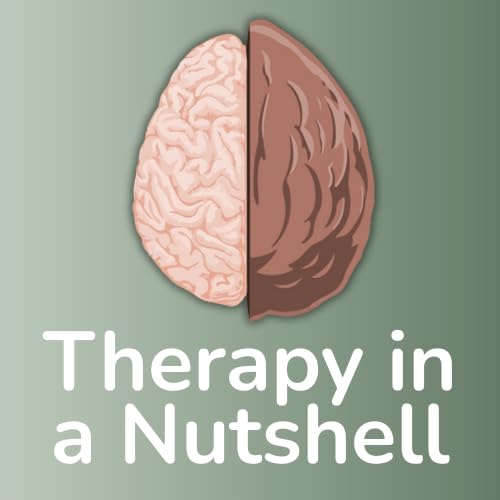top relying on goals that fail. Learn how tiny habits, systems, and 1% improvements create real, lasting change for mental health, motivation, and daily life.
Join the 31-day Emotion Processing challenge: https://courses.therapyinanutshell.com/htpe-30-skills-in-30-days-landing-page-1
Learn the skills to Regulate your Emotions, join the membership: https://courses.therapyinanutshell.com/membership
Tired of setting big goals on Monday and giving up by Wednesday? In this video, you’ll learn why goals fail—and why building tiny habits and simple systems is the key to real, lasting change. We’ll break down how to start tiny, create 1% improvements, shape your environment, and build habits that actually stick, even if you’ve tried and failed before. You’ll learn practical steps to change your mental health, reduce stress, stop relying on willpower, and design a system that makes the better life automatic. If you’ve ever felt overwhelmed, unmotivated, or stuck in the “valley of disappointment,” this will give you hope—and a clear plan.
Looking for affordable online counseling? My sponsor, BetterHelp, connects you to a licensed professional from the comfort of your own home. Try it now for 10% off your first month: https://betterhelp.com/therapyinanutshell
Learn more in one of my in-depth mental health courses: https://courses.therapyinanutshell.com
Support my mission on Patreon: https://www.patreon.com/therapyinanutshell
Sign up for my newsletter: https://www.therapyinanutshell.com
Check out my favorite self-help books: https://kit.co/TherapyinaNutshell/best-self-help-books
Therapy in a Nutshell and the information provided by Emma McAdam are solely intended for informational and entertainment purposes and are not a substitute for advice, diagnosis, or treatment regarding medical or mental health conditions. Although Emma McAdam is a licensed marriage and family therapist, the views expressed on this site or any related content should not be taken for medical or psychiatric advice. Always consult your physician before making any decisions related to your physical or mental health. In therapy I use a combination of Acceptance and Commitment Therapy, Systems Theory, positive psychology, and a bio-psycho-social approach to treating mental illness and other challenges we all face in life. The ideas from my videos are frequently adapted from multiple sources. Many of them come from Acceptance and Commitment Therapy, especially the work of Steven Hayes, Jason Luoma, and Russ Harris. The sections on stress and the mind-body connection derive from the work of Stephen Porges (the Polyvagal theory), Peter Levine (Somatic Experiencing) Francine Shapiro (EMDR), and Bessel Van Der Kolk. I also rely heavily on the work of the Arbinger Institute for my overall understanding of our ability to choose our life's direction.
And deeper than all of that, the Gospel of Jesus Christ orients my personal worldview and sense of security, peace, hope, and love https://www.churchofjesuschrist.org/comeuntochrist/believe
If you are in crisis, please contact the National Suicide Prevention Hotline at https://suicidepreventionlifeline.org or 1-800-273-TALK (8255) or your local emergency services.
Copyright Therapy in a Nutshell, LLC
 Jan 23 202616 min
Jan 23 202616 min 31 min
31 min 26 min
26 min 15 min
15 min 1 h et 11 min
1 h et 11 min 15 min
15 min 47 min
47 min 21 min
21 min
